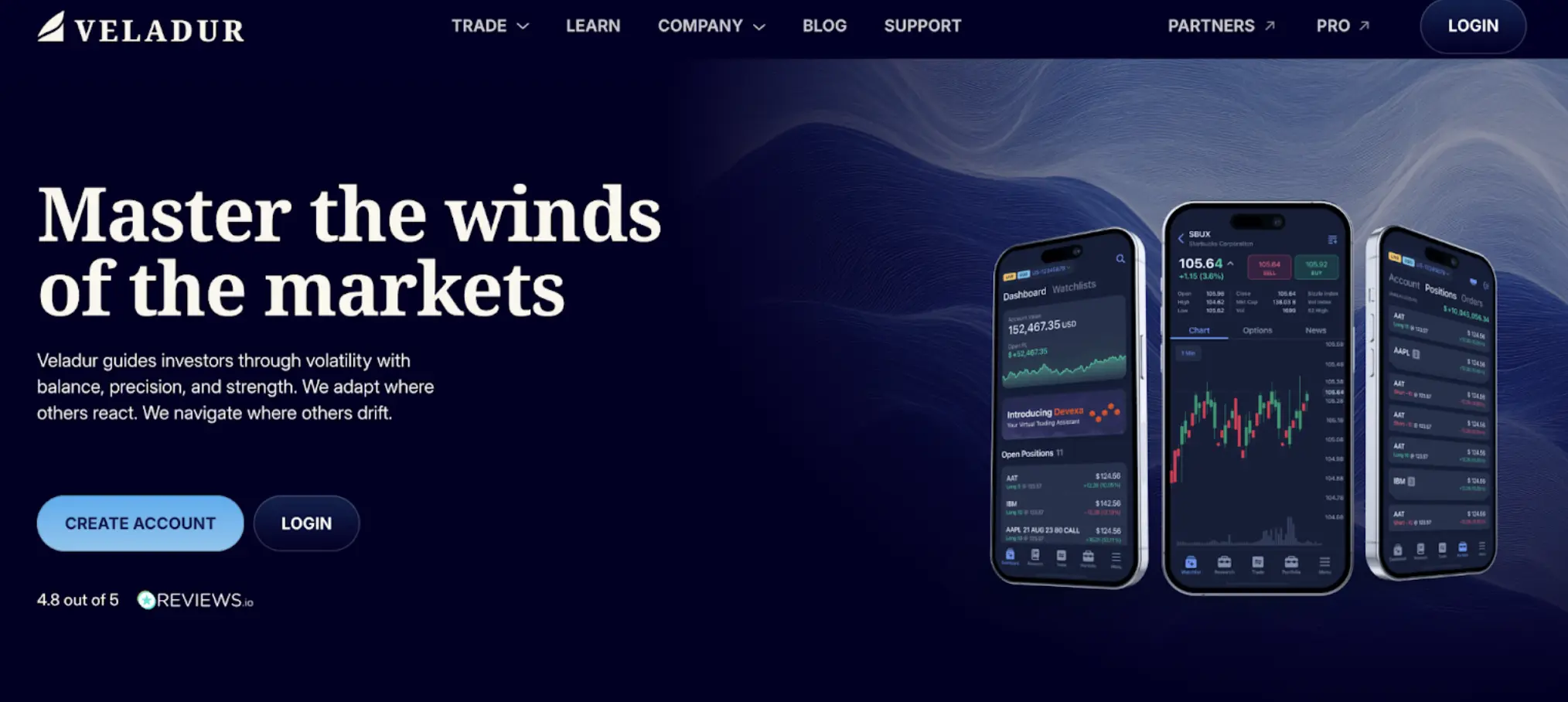Franklin Equity Group sees an evolving economic backdrop in 2023 and believes that Fed actions will take a backseat to company fundamentals. The focus for US equities will be on profit margins and earnings, as the lagging effects of Fed rate increases take hold on economic growth, while inflation slows consumer demand and pricing power.


As we look ahead to 2023, we see an evolving economic backdrop. In 2022, the strong equity market performance of the last few years gave way to fear of the unknown about inflation, interest rates, global growth and geopolitical strife. In the new year, we expect inflation to moderate rapidly in the first half of the year, but remain elevated relative to recent history. The US Federal Reserve (Fed) will likely slow the pace of rate increases and the direction of monetary policy will become more data dependent as recent rate increases work their way through the economy. We believe the probability of a severe recession in 2023 is low, but growth will be pressured. If the labor market remains healthy and unemployment remains around 3%–4%, it is difficult to imagine a case where we enter a recession that is anything but shallow. That said, earnings growth could slow, and we are likely to see gross domestic product growth to continue to moderate from pre-pandemic peaks.
Ultimately, we see Fed actions taking a backseat to company fundamentals. Our focus for US equities in 2023 will be on profit margins and earnings as the lagging effects of Fed rate increases take hold on economic growth, while inflation slows consumer demand and pricing power. We anticipate earnings headwinds in the short-term as consumers and corporations adjust to the changing economic environment, particularly in highly cyclical segments of the market. As such, we believe 2023 will be a year where active management will shine, and idiosyncratic factors will drive returns—as opposed to macro factors which may lead to high correlations. In this environment, we believe investors should focus on quality and earnings visibility and areas of secular growth in the economy. We are finding opportunities in high-quality businesses levered to durable secular growth themes, with market leading competitive positions, strong financials and balance sheets that give them the ability to invest and grow through a range of economic conditions. Digital transformation is an important secular growth trend that we believe can drive productivity growth, lower costs and increase profitability amongst US companies. In our analysis, it is not just a technology-driven theme, but one that is broadly permeating other sectors of the market.
Read next: The GBP/USD Pair Is Trading Just Above 1.20, The Australian Dollar Is The Strongest Today| FXMAG.COM
In the technology sector, we are focusing on software over hardware. We continue to like software and see it as the largest beneficiary of the digital transformation sweeping through every industry. In our analysis, valuations have compressed significantly in the sector, but fundamentals remain strong, creating an opportunity for investors with a long-term term view. We continue to find the health care area interesting (Exhibit 1), during a time when demographic tailwinds of a rising middle class and an aging global population can drive increased health care consumption. Against this backdrop, we believe the health care sector offers a great combination of growth and stability in myriad market environments. In the financials sector, the fintech theme continues to grow, and we favor payments and financial services companies. We see a long-term path for the financials sector that is much more data driven and personalized, creating opportunities for new entrants to grow rapidly.
Health Care Expenditures Poised to Increase
Aging Global Population Can Drive Increased Health Care Consumption
Exhibit 1. Total Personal Health Care Expenditure in the United States (USD Trillions) 2017-2025
As of April 2022


We seek a good balance of consistent, high-quality, name brand, best-in-class, established businesses along with exposure to next-generation leaders. To do this, we rely a great deal on our bottom-up, fundamental research capabilities and leverage our in-house team of analysts to uncover promising companies that we believe have the potential to become market leaders.
WHAT ARE THE RISKS?
All investments involve risks, including possible loss of principal. The value of investments can go down as well as up, and investors may not get back the full amount invested. Stock prices fluctuate, sometimes rapidly and dramatically, due to factors affecting individual companies, particular industries or sectors, or general market conditions. The technology industry can be significantly affected by obsolescence of existing technology, short product cycles, falling prices and profits, competition from new market entrants as well as general economic conditions. Investments in fast-growing industries, including the technology and health care sectors (which have historically been volatile) could result in increased price fluctuation, especially over the short term, due to the rapid pace of product change and development and changes in government regulation of companies emphasizing scientific or technological advancement or regulatory approval for new drugs and medical instruments. Any companies and/or case studies referenced herein are used solely for illustrative purposes; any investment may or may not be currently held by any portfolio advised by Franklin Templeton. The information provided is not a recommendation or individual investment advice for any particular security, strategy, or investment product and is not an indication of the trading intent of any Franklin Templeton managed portfolio.
Source: US equities: From macro to micro | Franklin Templeton
















































































